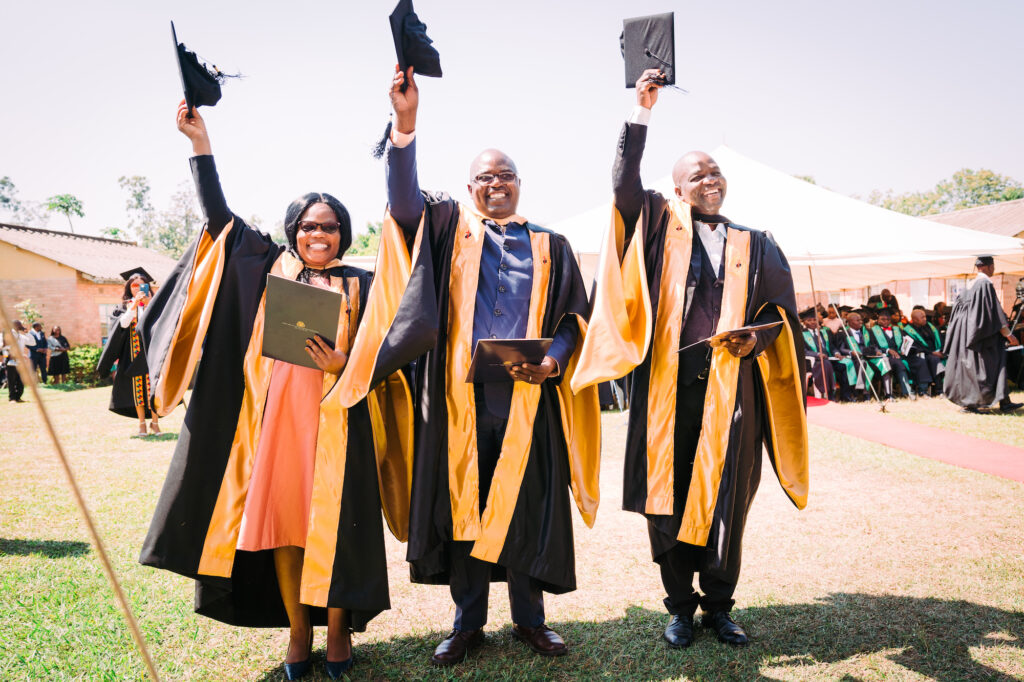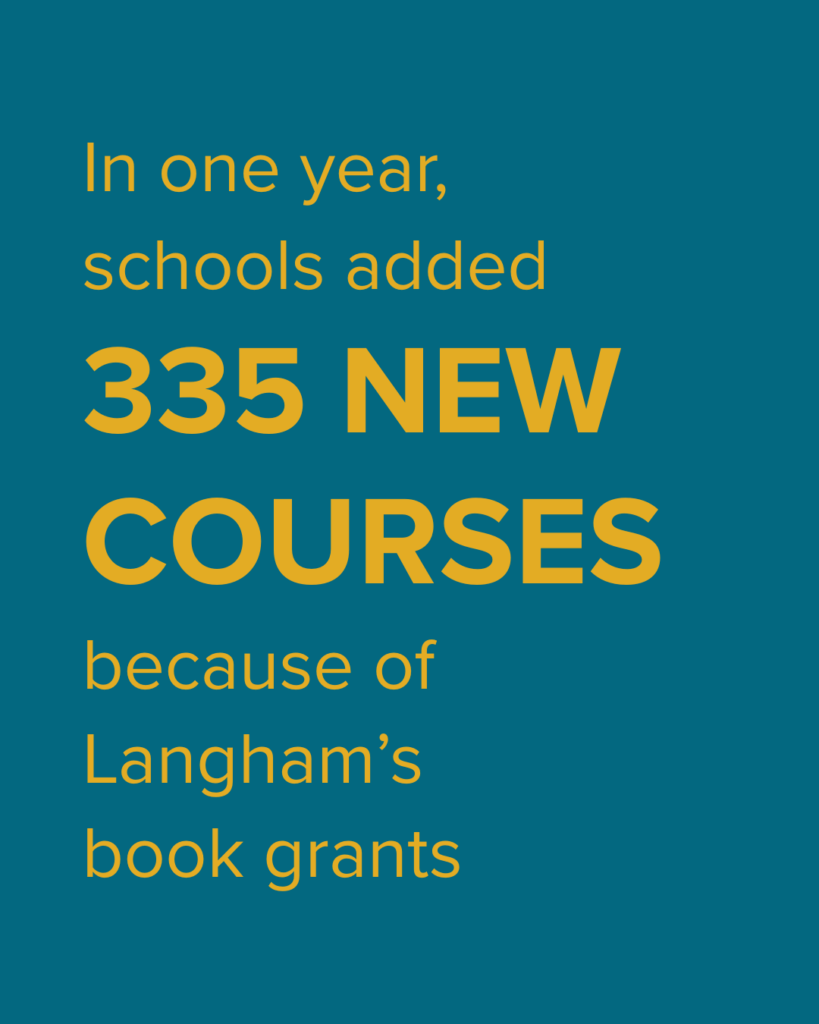Books that expand theological education in Zambia and beyond

Saviour Kabaso Chipendano wants to serve his congregation well. He wants to preach the word of God in a way that is faithful, relevant and easy to understand.
Most of his congregation, in rural Zambia, works in copper mines. It’s difficult, dangerous and unreliable work. Employment fluctuates based on factors over which the people of Chililibombwe have no control. Poverty is high, and mining disasters often create widows and orphans.
It’s a challenging context for ministry. Saviour, whose background is in education, felt the need for more theological training.
Finding accessible theological education
“I want to serve better each and every day that comes. I must serve better, but for me to serve better, I must know what I’m doing,” he said. “And not only that, I must have the necessary tools that should equip me to deliver better in terms of ministry.”
So, Saviour enrolled in the United Church of Zambia University.
Last year, he was part of the seminary’s first class to graduate with a master’s degree in theology. It’s a huge accomplishment in a place where theological education isn’t widely available. In the past, anyone seeking advanced theological training had to go abroad, to South Africa or Europe. The cost meant it wasn’t even an option for most people.

The need for a new theology program
The United Church of Zambia University saw this gap and wanted to meet the need for more trained church leaders. But there was a problem. To offer a new degree, you have to have the right resources for the curriculum.
Join us: Send books to Bible colleges in the Majority World
“The first question was, if we launched the MTH program, do we have enough resources? Would we have resources in the library?” said Jeremiah Chenge, professor of New Testament studies at the seminary. “It was a dream, but it would not come true until the material was available.”
Access to books, particularly theological books, is scarce in Zambia and many parts of the Majority World. They usually have to be printed and shipped from overseas, at great expense.
“When I joined here, I think it was more with skeleton resources. We didn’t have much resources because I remember going around, even buying books from some bookshops that I felt were necessary,” said Muimui Sinyama, another professor.
“The things I’ve learned from here have given me a different picture of the issues. … I’m well equipped for the challenges that affect our people, that affect society, that affect the nation and also that affect me personally as a pastor.
— Saviour Kabaso Chipendano
Filling a key education gap
This is where Langham Partnership comes in. Every year, Langham works with hundreds of seminaries and Bible colleges all over the world to offer book grants. Schools get a catalog of biblical books m and are able to choose the resources they need at no cost.
After several years of grants, the United Church of Zambia University had all the books it needed to launch its MTH program. “It’s like a dream come true, a dream come true in the sense that the institution is expanding to make sure that it meets the needs of the church,” Jeremiah said.
The training has equipped Saviour and his fellow graduates to meet the challenges of ministry and changing needs of their congregations.
“The things I’ve learned from here have given me a different picture of the issues,” Saviour said. “I’m well equipped for the challenges that affect our people, that affect society, that affect the nation and also that affect me personally as a pastor.”
The big picture
Over the past seven years, your support has allowed Langham to increase the number of books grants we give each year, up to 703 last year. That means more schools that are able to offer new degrees, improved classes, better libraries—and the ultimate goal: more pastors who are equipped to teach the Word clearly, faithfully and relevantly.
“We know that with our continued partnership with Langham, we’re going to get more resources and we’re going to get more students and more students are going to get the information that they need in the books and they’re going to research using the books that Langham provides,” said Ntawa Nakazwe, United Church of Zambia University’s librarian. “We are so grateful.”